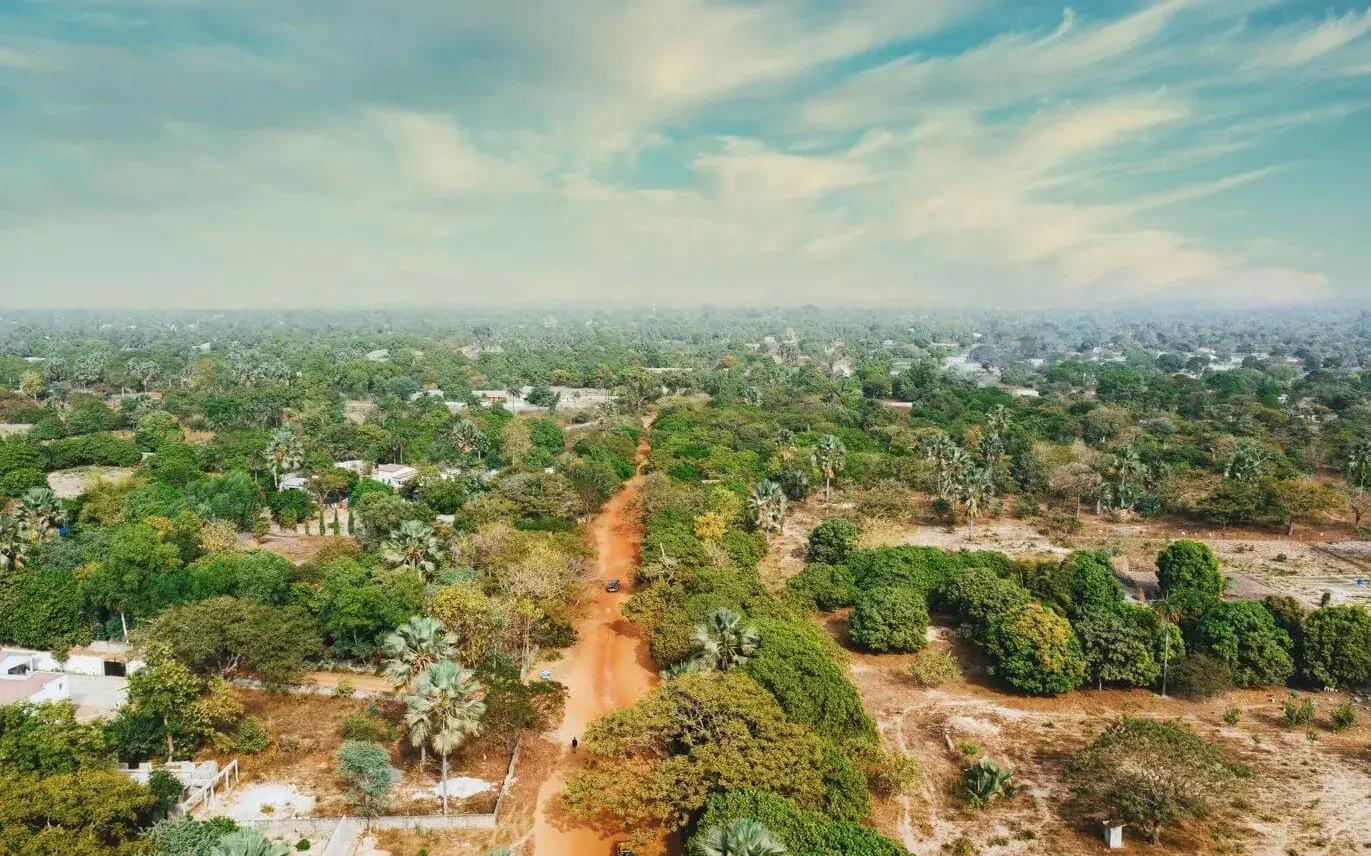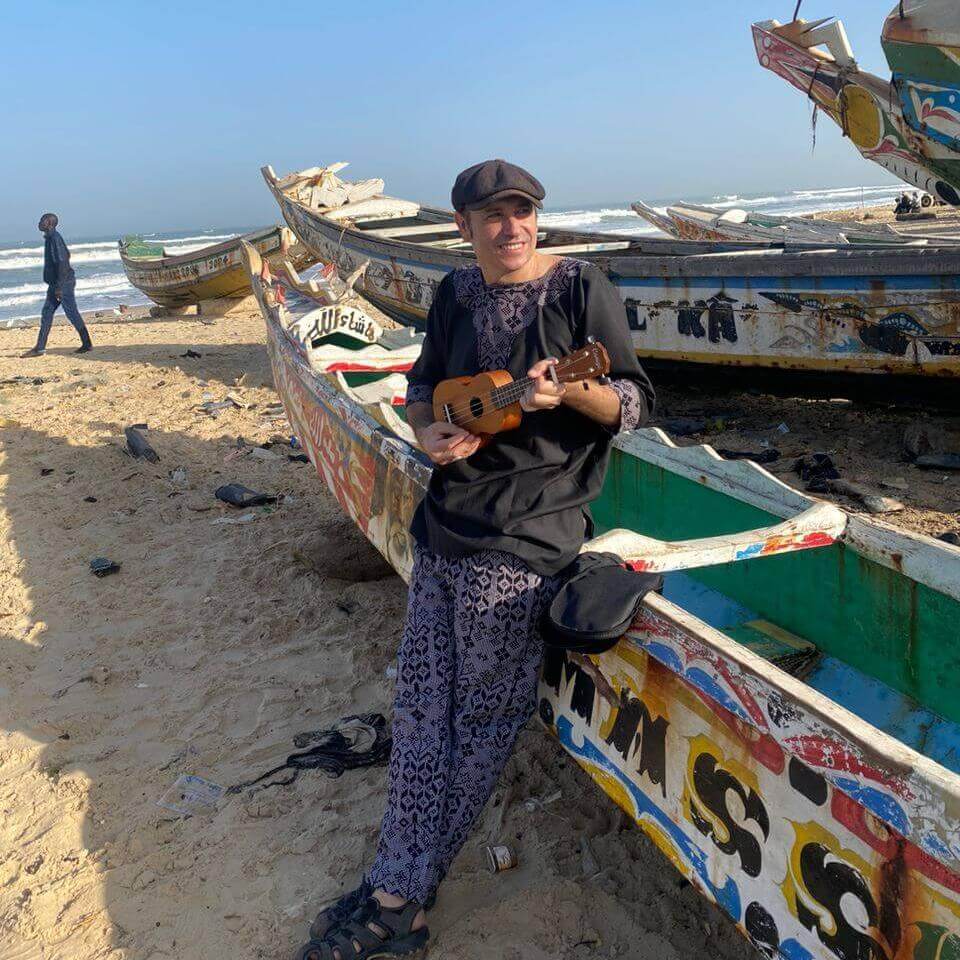
A bridge of cultures: travels, learning, and commitment to Senegal.
In 2004, I traveled to Senegal for the first time, specifically spending a month living in the peripheral neighborhood of Yeumbeul, on the outskirts of Dakar, the country’s capital. This experience profoundly changed the way I understood my world. The hospitality and kindness of the Senegalese people reminded me of and connected me to my childhood days surrounded by Andalusian relatives who had settled in Catalonia in search of a better future.
In January 2006, excited and somewhat naive, I clung to my guitar and returned to visit the land of Teranga, this time to meet with local musicians. As a result of this new experience, new projects were born. One of them was the founding, in 2007, of La Veu entre Cultures together with my sister Carme, a non-governmental development organization (NGDO) created with the mission of establishing a cultural and humanitarian bridge between the city of Reus and Senegal.
Since then, using music as a vehicle for expression and connection, we have worked to promote solidarity, social inclusion, and equal opportunities through educational, social, health, and cultural projects, fostering values such as equality, cooperation, and mutual respect. Through our projects, we are committed to improving the quality of life for the most vulnerable individuals and communities. This commitment is part of our mission to contribute to equal opportunities for everyone, regardless of their place of birth. Our actions are not driven by profit but by humanity.
I have long since lost count of how many times I have returned to Senegal, as it has gradually become my second home. It is through these journeys back and forth that life gives me back everything I do from the heart. I have just landed back in the West after a few intense days traveling across the African country from Dakar to Tambacounda, passing through Kaolack and Mboro, and once again visiting Gorée Island.
There lies the House of Slaves, where the door of no return serves as a stark reminder that for three centuries, over 20 million Africans passed through it, deported to the United States, Cuba, Haiti, or Brazil. It is a symbolic place, ensuring that the African slave trade is never forgotten and that we recognize our responsibility in the cruelty of our white ancestors. It is the perfect place to feel ashamed as a European citizen.
If Africa is the cradle of humanity, perhaps we should remind ourselves that we are all children of migration. Therefore, we should show more empathy toward all those human beings who migrate, whether out of curiosity or in search of an escape from poverty or lack of opportunities.
To combat our lack of knowledge, we must learn other ways of seeing and experiencing the world. Every time I return home, there are educated people (but not cultured ones) who ask me questions I can hardly believe: Are there hotels in Senegal? Did you travel by boat? Planes don’t reach Senegal, do they? Are there lions where you go? Don’t you get bored doing nothing? I have an endless list of absurdities based on ignorance. Therefore, I recommend reading as much as possible to confront fascism and traveling whenever possible to combat ignorance.



Add new comment